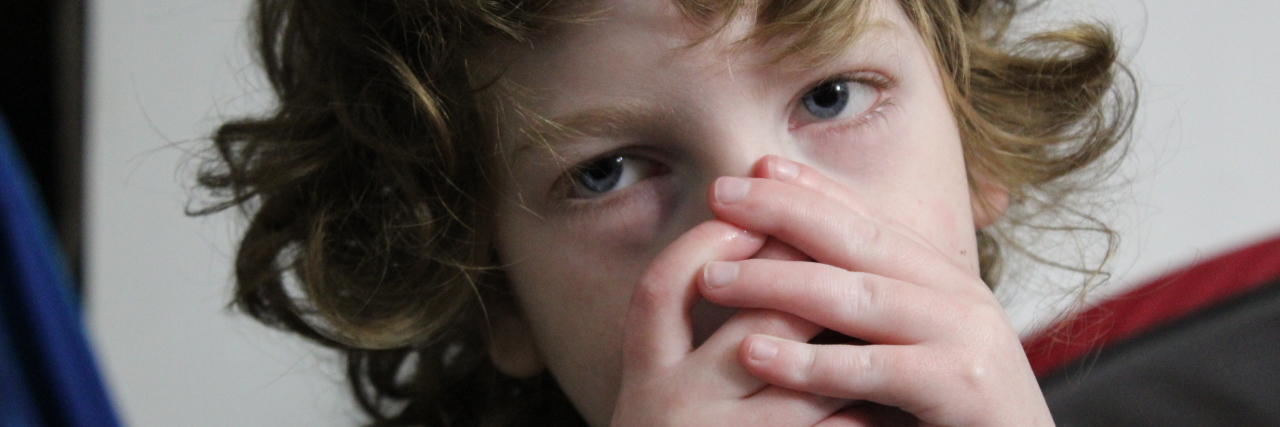How Having a Brother With a Disability Changed My Life Over the Years
My youngest brother, Timmy, has Vici syndrome — a very rare multisystem disorder that affects his entire being and development. Timmy was born when I was 10, so having a sibling with a disability is something I’ve lived with for almost half my life. All of us, including my brother, found ways to adapt to our new “normal.” Sometimes even now, on the easiest days, watching my brother struggle is hard; and it’s also something that affects every aspect of my life, even if I don’t always realize it.
At age 10, it meant that maybe we could get a therapy dog, and that was exciting news. I didn’t fully understand how severe Timmy’s condition was. I knew his progressive, life-threatening condition was causing my parents a lot of stress and I wanted to focus on the positives.
At 11, it meant a lot of words I didn’t understand were being used to describe my brother’s life. It meant a lot of stressful phone calls with doctors where I would eavesdrop and only hear half of the conversation, trying to piece things together myself.
At 12, it meant letting go of the childish hope that a cure really did exist, and the adults just didn’t know what they were talking about. It meant realizing his condition was never going to go away.
At 13, it meant awkward conversations with my friends because there was no easy way to explain it. It meant feeling isolated because no one else understood what I was going through, and it was too much to tell anyone.
At 14, it meant feeling useless and out of place at home because there was nothing I could do to fix anything. It meant wanting to be stressed about “normal” teenage things, but I wasn’t because there were bigger things to worry about. I really wanted to be too young to know this.
At 15, it meant putting up with insensitive comments from people who would never see my brother as a whole person, and wondering why I would ever want to fit into a world like this one.
At 16, it meant knowing my body could betray me and being scared it would. Seeing one’s body act as a container that made them lose different abilities made me feel indifferent for my own. I also experienced guilt because it felt like being healthy was selfish.
At 17, it meant finding a job where I felt I’d be good at helping people, where I felt needed, and where I had more control over my situation.
At 18, it meant watching my brother struggle to do things I did easily, and feeling just how unfair this was. It meant watching my brother in pain and not being able to do anything to help him.
At 19, it means balancing a lot of different “lives” as I go from work, to school, to home — and never wanting to be gone for too long because I’m worried something will happen and I won’t be around to help.
At every age, it has meant learning to adapt, learning to be OK. Yes, having a brother with a disability is not an easy journey for either of us, and challenges will always exist. When you have a sibling, regardless of their health, you take the positives with not-so-positives. Through it all, I wouldn’t trade Timmy for the world.

